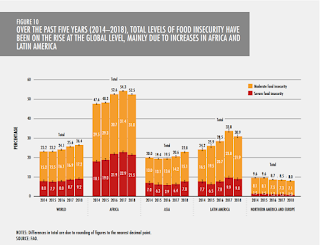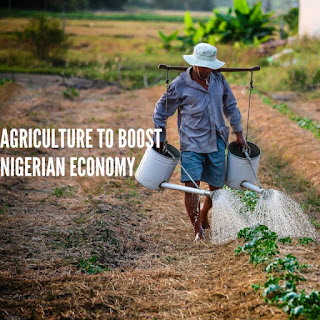Farouk gumel - Importance of Commodity Exchange

Farouk gumel - A Commodity Exchange or Comex is a regulated market allowing the purchase and sale of contracts backed by commodities such as gold, silver, crude oil, and so on. Such an exchange serves as the central location for trading the commodities. Some of the major commodity exchanges in the world are Chicago Mercantile Exchange (CME), Chicago Board of Trade (CBOT), Carbon Trade Exchange (CTX), New York Mercantile Exchange (NYMEX), London Metals Exchange (LME), Tokyo Commodity Exchange (TOCOM) and more. In its simplistic form, the purpose of exchanges is to provide a centralized marketplace where producers can sell their commodities to those who want to use them for processing or consumption. In its simplistic form, exchanges connect buyers to sellers. The sales could be for products that exist today or those that would be produced at a “future date”. For the “future” transaction, the exchange enables the farmer to lock in the price and offtake of his/her crop months before...







